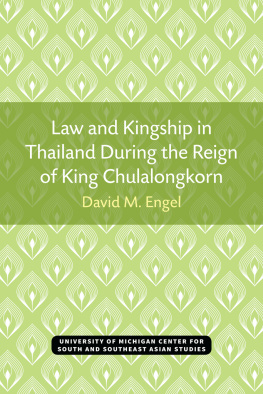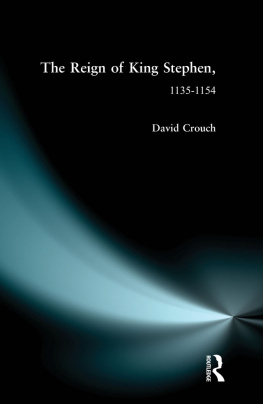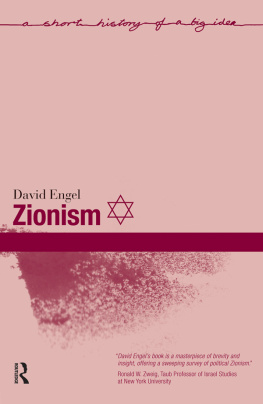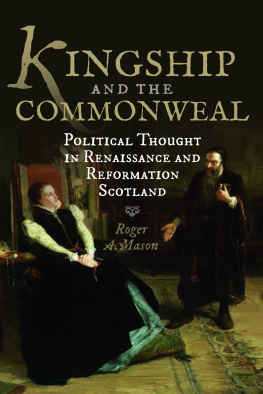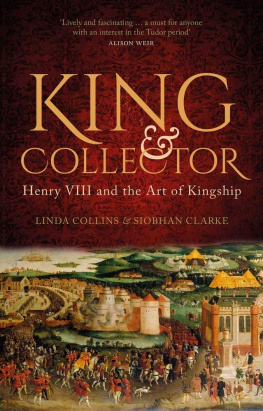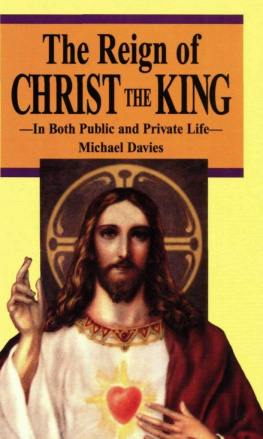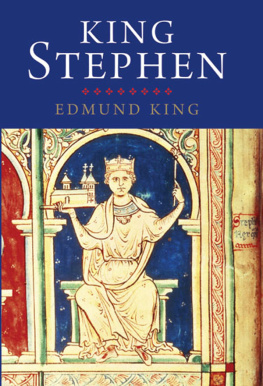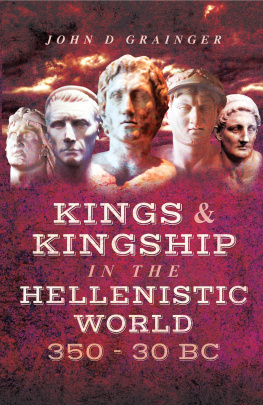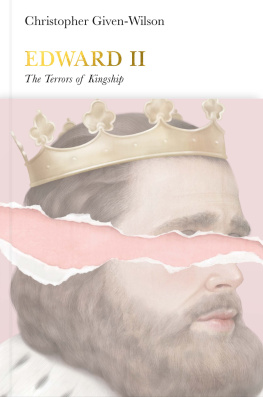David M. Engel - Law and Kingship in Thailand During the Reign of King Chulalongkorn
Here you can read online David M. Engel - Law and Kingship in Thailand During the Reign of King Chulalongkorn full text of the book (entire story) in english for free. Download pdf and epub, get meaning, cover and reviews about this ebook. year: 2020, publisher: University of Michigan Center for South and Southeast Asian Studies, genre: Politics. Description of the work, (preface) as well as reviews are available. Best literature library LitArk.com created for fans of good reading and offers a wide selection of genres:
Romance novel
Science fiction
Adventure
Detective
Science
History
Home and family
Prose
Art
Politics
Computer
Non-fiction
Religion
Business
Children
Humor
Choose a favorite category and find really read worthwhile books. Enjoy immersion in the world of imagination, feel the emotions of the characters or learn something new for yourself, make an fascinating discovery.
- Book:Law and Kingship in Thailand During the Reign of King Chulalongkorn
- Author:
- Publisher:University of Michigan Center for South and Southeast Asian Studies
- Genre:
- Year:2020
- Rating:4 / 5
- Favourites:Add to favourites
- Your mark:
- 80
- 1
- 2
- 3
- 4
- 5
Law and Kingship in Thailand During the Reign of King Chulalongkorn: summary, description and annotation
We offer to read an annotation, description, summary or preface (depends on what the author of the book "Law and Kingship in Thailand During the Reign of King Chulalongkorn" wrote himself). If you haven't found the necessary information about the book — write in the comments, we will try to find it.
David M. Engel: author's other books
Who wrote Law and Kingship in Thailand During the Reign of King Chulalongkorn? Find out the surname, the name of the author of the book and a list of all author's works by series.
Law and Kingship in Thailand During the Reign of King Chulalongkorn — read online for free the complete book (whole text) full work
Below is the text of the book, divided by pages. System saving the place of the last page read, allows you to conveniently read the book "Law and Kingship in Thailand During the Reign of King Chulalongkorn" online for free, without having to search again every time where you left off. Put a bookmark, and you can go to the page where you finished reading at any time.
Font size:
Interval:
Bookmark:

THE UNIVERSITY OF MICHIGAN
CENTER FOR SOUTH AND SOUTHEAST ASIAN STUDIES
MICHIGAN PAPERS ON SOUTH AND SOUTHEAST ASIA
Editorial Board
Alton L. Becker
John K. Musgrave
George B. Simmons
Thomas R. Trautmann, chm.
Ann Arbor, Michigan
LAW AND KINGSHIP IN THAILAND DURING THE REIGN OF KING CHULALONGKORN
by
David M. Engel
Ann Arbor
Center for South and Southeast Asian Studies
The University of Michigan
1975
Michigan Papers on South and Southeast Asia, 9
Open access edition funded by the National Endowment for the Humanities/Andrew W. Mellon Foundation Humanities Open Book Program.
Library of Congress Catalog Card Number 74-20343
International Standard Book No. 0-89148-009-9
Copyright 1975
by
Center for South and Southeast Asian Studies
The University of Michigan
Ann Arbor, Michigan 48104
Printed in the United States of America
ISBN 978-0-89148-009-9 (paper)
ISBN 978-0-472-12798-6 (ebook)
ISBN 978-0-472-90194-4 (open access)
The text of this book is licensed under a Creative Commons Attribution-NonCommercial-NoDerivatives 4.0 International License: https://creativecommons.org/licenses/by-nc-nd/4.0/
For Jaruwan
CONTENTS
This study of the changes in Thai law and kingship during the reign of King Chulalongkorn originated largely as a result of the encouragement and guidance of Professor David Joel Steinberg, formerly on the History faculty at the University of Michigan and now Assistant to the President of Brandeis University. Professor Steinberg urged me to bring together my study of law and Thai history in a description of the transformation of Thailand during the late nineteenth and early twentieth centuries as seen from a legal point of view. With his assistance, and the assistance of others, I undertook to write an essay based for the most part upon those royal enactments from 1873 to 1910 which seemed to me most crucially to affect the executive, legislative, and judicial functions of the king and the rights of private citizens. An earlier draft of this study served as my masters thesis in South and Southeast Asian Studies at the University of Michigan.
I am deeply indebted to the late Paul G. Kauper, Henry M. Butzel Professor of Law at the University of Michigan, who shared with Professor Steinberg the task of supervising this project from its inception. I feel very fortunate to have had throughout my research the benefit of Professor Kaupers insights and broad understanding of comparative constitutional systems. Like so many other people who studied under him, I shall always value the memory of his wisdom, his dignity, and his great kindness.
Ajaan Nidhi Aeusrivongse, my instructor and friend, was enormously helpful to me in reading and analyzing the Thai texts and placing them in proper historical perspective. Ajaan Nidhi, who is a member of the History faculty at Chiengmai University, generously gave many hours of his time to discuss these matters with me. Although my conclusions may not necessarily be the same as his in each instance, it is impossible for me to imagine what shape this study would have taken without his suggestions, his criticisms, and his creative insights into the history of the period.
Professor David K. Wyatt of Cornell University provided me with valuable assistance at the beginning of my research, by recommending and helping me to obtain certain important books and documents. Professor Wyatt later read and helped me to revise the completed manuscript as well.
Professor John K. Whitmore of the History Department at the University of Michigan gave me a great deal of help in revising the earlier draft of my study. Under his supervision I rewrote much of the material dealing with the period before King Chulalongkorns reign.
I am also grateful to Professor Alton L. Becker, Director of the Center for South and Southeast Asian Studies at the University of Michigan, for reading and helping to arrange for the publication of this essay. Both Professor Becker and Professor L.A. Peter Gosling, the previous Director of the Center, encouraged and assisted me throughout my joint program of law and area studies. Mr. John Musgrave, Southeast Asian Bibliographer at the University of Michigan, was very generous in helping me to obtain certain materials which I used in this project and in reading and criticizing the completed manuscript. Mrs. Jennifer Broomfield endured my last-minute changes without complaint and typed the entire essay for publication.
My parents throughout this period, as always, were a source of warm support and encouragement. It has been a special pleasure to me that they have shared my fascination with Thailand during the past years and have made it the subject of their own interests and explorations.
My wife, to whom this essay is dedicated, was its first cause and its final editor. More than she may realize, this study owes its existence to her.
Until the era of King Rama V, the Thai conceptions of law and of kingship were interrelated to an extraordinary degree. The predominant position of the king as creature, creator, and protector of the legal system was a concept which persisted into the middle of King Chulalongkorns reign when it, like many other traditional assumptions, was challenged and to some extent reshaped by revisionist thought. Despite the broad sweep of reform under King Chulalongkorn, however, many of the traditional ideas and practices were retained. If any monarch wielded absolute power or played the ancient role of paternalistic and benevolent ruler, surely it was King Chulalongkorn at the height of his reign. And yet, during this very apotheosis of absolute rule, ideas crept in, were tolerated, were even encouraged and promoted by the ruler himself, which challenged the centrality of the king to the Thai legal system. In a curious way, the very transformation of Thai law which measured the height of absolute power also marked the beginning of a separation of the two concepts of law and kingship, a process which would ultimately lead to the termination of the absolute monarchy in June 1932.
The unusual historical predominance of the traditional Thai king, both legally and politically, derived not from a single conception of law and kingship, but from a synthesis of several different and sometimes contradictory conceptions which entered Thai society over the course of several centuries. Perhaps the earliest form of kingship was the patriarchal monarchy of which there is evidence dating from the kingdom of Sukhothai in the thirteenth and fourteenth centuries. This earlier theory was cast in familial terms, with the monarch ruling his small but independent kingdom like a wise and benevolent father. The king was not yet the distant, semi-divine figure which he was to become. In theory and in legend he was accessible to the people and ready to aid in the settlement of disputes among members of his family:
In the gateway of the palace a bell is hung; if anyone in the kingdom has some grievance or some matter that is ulcerating his entrails and troubling his mind, and wishes to lay it before the king, the way is easy: he has only to strike the bell hung there. Every time King Rama Khamheng hears this appeal, he interrogates the plaintiff about the matter and gives an entirely impartial decision.
Subsequent conceptions of Thai kingship were more explicitly Indian in origin, entering Thai society by way of the Khmer empire on the one hand and the Mon people on the other. The Khmer influence, increasingly apparent in the development of the kingdom of Ayutthaya, made of the king a more distant and stern figure, identified in theory with the Hindu gods Shiva and Vishnu, surrounded therefore with Hindu ritual, advised in the mysteries of the sacred law by his own Brahmin legal experts, and bearing towards the people the relationship of master to servant rather than father to child. This form of kingship led to the characterization of the Thai monarch as hao chiwit, or Lord of Life, with a theoretically absolute power of life and death over his subjects.
Font size:
Interval:
Bookmark:
Similar books «Law and Kingship in Thailand During the Reign of King Chulalongkorn»
Look at similar books to Law and Kingship in Thailand During the Reign of King Chulalongkorn. We have selected literature similar in name and meaning in the hope of providing readers with more options to find new, interesting, not yet read works.
Discussion, reviews of the book Law and Kingship in Thailand During the Reign of King Chulalongkorn and just readers' own opinions. Leave your comments, write what you think about the work, its meaning or the main characters. Specify what exactly you liked and what you didn't like, and why you think so.

